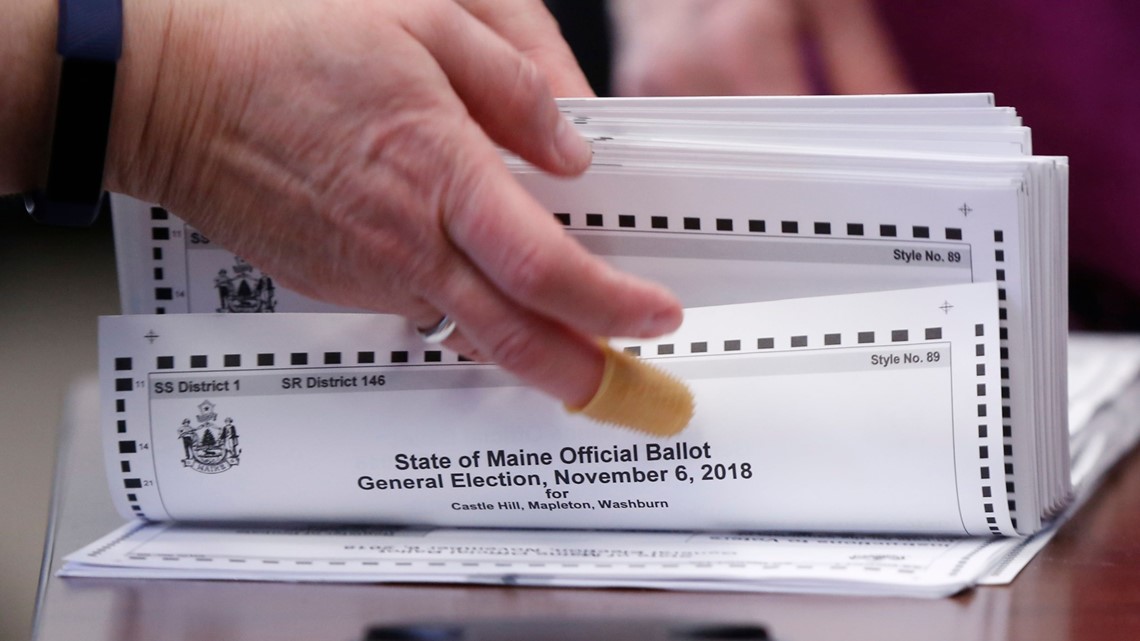AUGUSTA, Maine — The 45-day countdown for a Maine Legislative Commission to update the state's voting districts is on. While the 2020 data from the U.S. Census Bureau showed slight growth in Maine's population, the change in individual voting districts will play a big role in shaping our political landscape.
Every 10 years, politicians from that bipartisan commission rework the 151 State House of Representative Districts and the 35 State Senate Districts as well as the two Congressional Districts.
“The census is so important to the political landscape," NEWS CENTER Maine's Political Brew Analyst Phill Harriman said Friday. “[It] becomes a political art form, maybe ending up in court as it has in the past, of where those lines actually get drawn.”
Harriman said he's been part of those meetings during his time in the Maine Legislature. He added while the census may seem boring, it's a big deal in a political sense.
According to the 2020 numbers, 23,000 Mainers will need to be placed into the state's Second Congressional District. Aroostook and Piscquatis County lost the most residents in the past decade while Cumberland and York Counties saw a more than 7% population increase.
“I think most of the projections show the [Second Congressional] district will become more democratic," fellow Political Brew Analyst Ethan Strimling said.
Strimling, who also served in the Legislature during redistricting, added based on a quick look at town populations, Waterville and Winslow could be potential options for the commission to slide up into the northern Congressional District.
While this process can get personal and political, Strimling noted the lawmakers working on this decades' redistricting will work to get it right. Politicians, he said, will try to shift populations around that make sense in a variety of different factors.


“[They are] trying to find a way to say let’s, let’s make sure Maine is as well represented in our Legislature as it possibly can be," he added.
Earlier this month former Congressman Bruce Poliquin announced he will run for office again and potentially be the Republican candidate to face off against sitting CD2-Congressman Jared Golden.
Harriman said Poliquin will want the new district line to move to a more conservative area, which could be a challenge given the strong democratic voting trend in the First Congressional District.
Maine is just one of two states to split those electoral votes in presidential elections. In both 2016 and 2020, Donald Trump won the singular vote awarded from winning the popular vote in the Second District.
If the new district line does cast a more left-leaning population, the challenge for future Republican candidates to win that vote will be greater than years past.
Although the census data was released this week, it's never too early to predict future trends.
“I wouldn’t be surprised if 10 years now we start seeing those lines move north again because people want to live in more rural areas," Harriman said.
Strimling added although Maine remains the whitest state in the nation, coming in just over 90%, the state is getting more diverse. That diversity could shape the political landscape if the growth continues.
He added while the focus may be on Congressional or local districts, municipalities will also have to redistrict their own voting lines. City Council or Selectmen districts are also impacted by census data and are often forgotten about.

